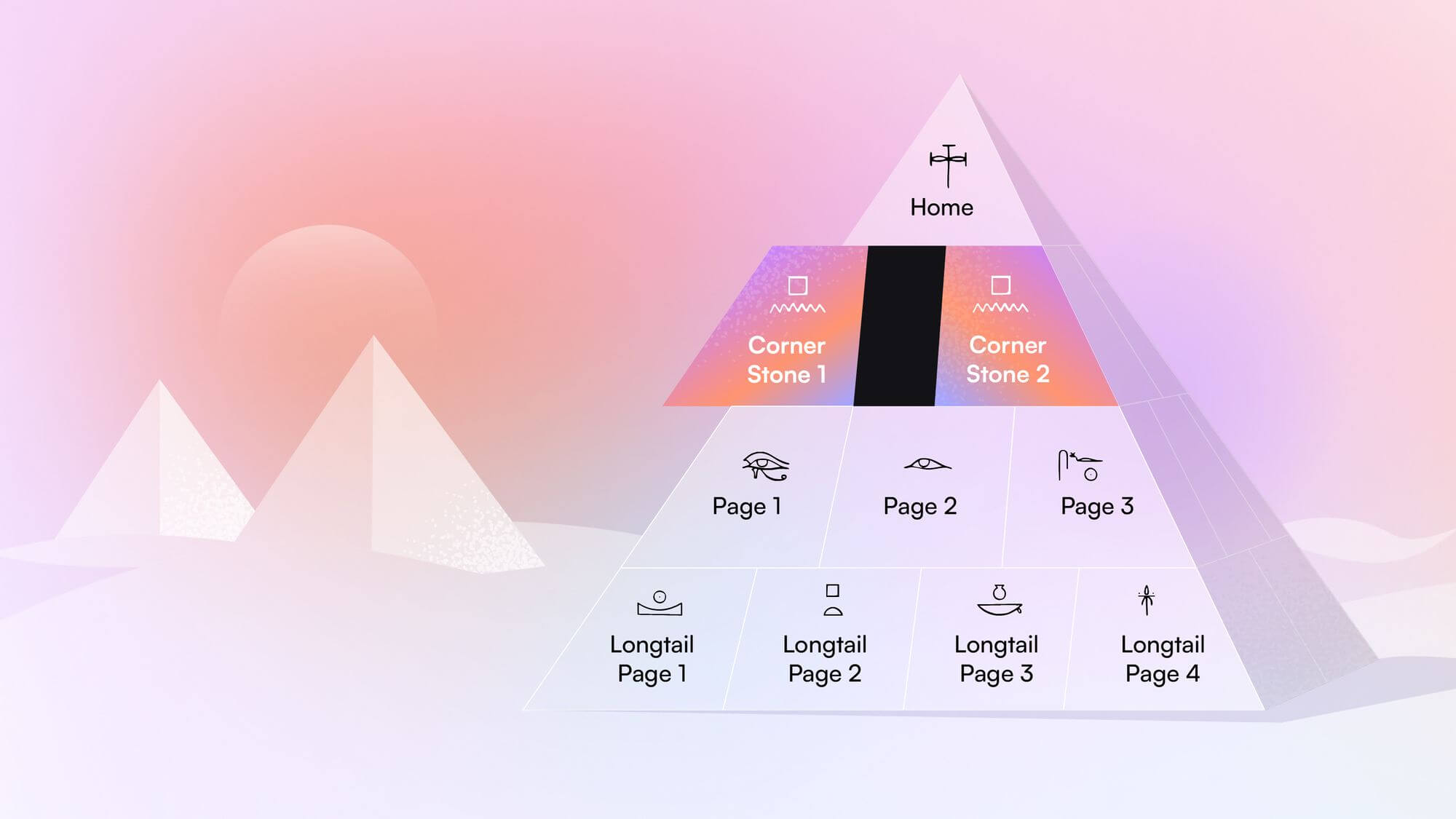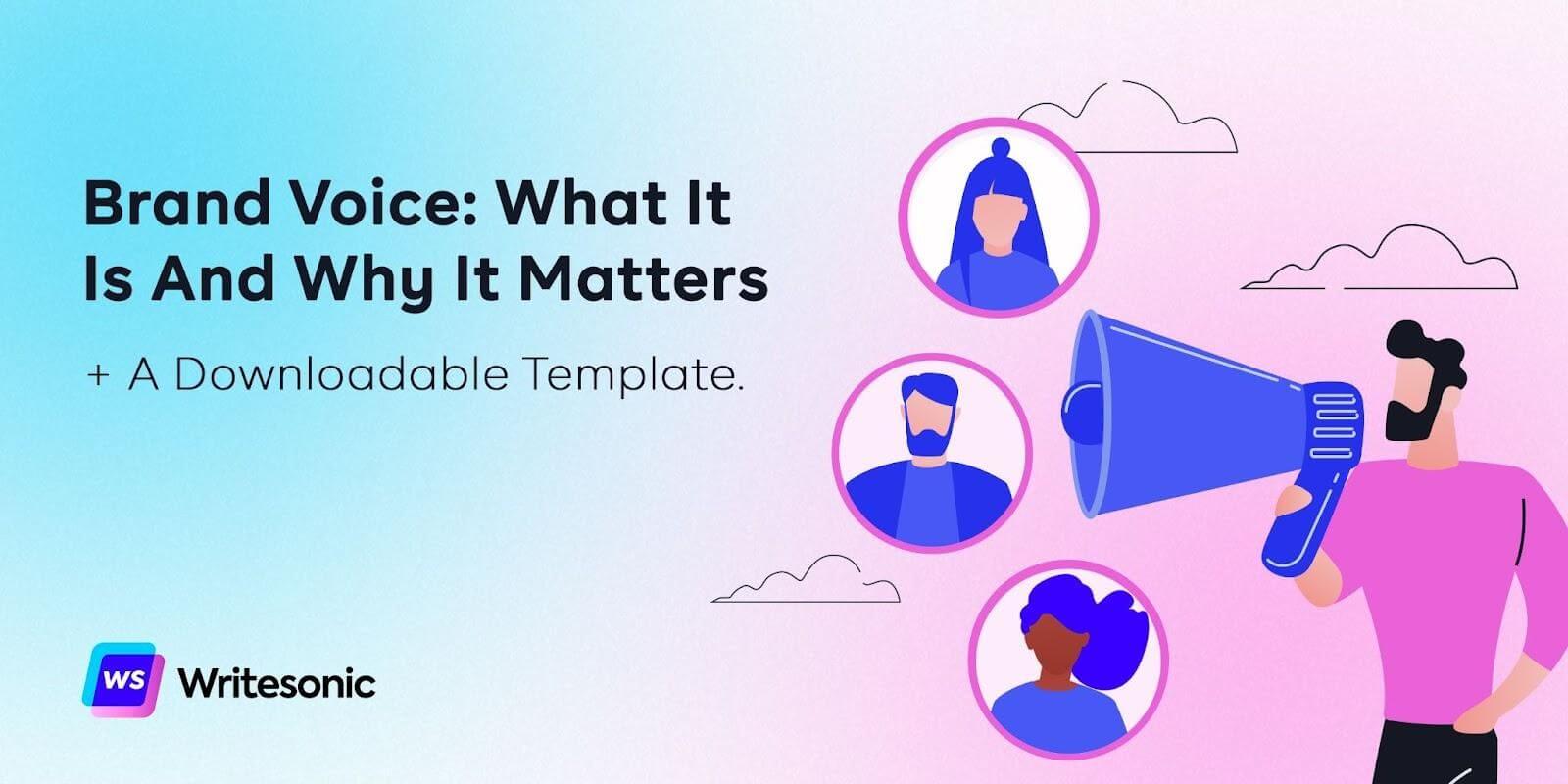Do you know around 3000-5000 questions are asked on Quora every day?
With more than 300 million monthly active users, Quora is one of the most popular social media platforms. It is best known for asking and answering questions on any topic imaginable.
Millions of people use Quora every day to share their knowledge, opinions, and insights with others.
Various B2B companies are leveraging Quora Ads to grow their business, and thousands of businesses have seen up to 4x more conversions.
Wondering how to write a Quora answer that can benefit your business? Or how can you write great answers that stand out from the crowd and attract more attention, traffic, and leads?
Don’t worry! In this blog post, you will learn how to write a Quora answer that can help you to grow your business and a few tips and tricks for writing great answers on Quora. Plus, you will also learn about Writesonic, an AI-powered writing tool that offers a Quora answer generator to help you write quick!
What is Quora?
Quora is a question-and-answer platform where anyone can ask and answer questions on any topic. The platform covers topics ranging from science, technology, business, health, education, entertainment, and more.
Quora’s mission is to share and grow the world’s knowledge and to empower people to learn from each other and better understand the world.
Tips on how to write a Quora answer
Writing great answers on Quora is not easy, but it’s not impossible either. Here are some tips and tricks on how to write a Quora answer that will get you more views, upvotes, comments, and followers:
Analyze your niche
Before you start writing, understand your audience and analyze your niche, competitors, and goals. Then, identify the topics, questions, and keywords that are relevant to your niche and that have high demand and potential and low competition. Try Keyword Extractor to find relevant keywords.
Then, understand your audience’s pain points, needs, aspirations, and expectations and how you can provide value to them. Finally, you need to analyze your competitors and see what kind of answers they are writing, how they are positioning themselves, and what gaps or opportunities you can exploit.
Present yourself as an authority
The next and most important part is to position yourself as an authority in your field and to earn the trust and respect of your audience.
For that, you need to create a professional and attractive profile that showcases your credentials, achievements, and social proof.
When writing, you need to make sure that your content has clarity. You can try various AI content generators to speed up the task. Plus, you need to build credibility within your audience, so make sure to back up your claims with facts, evidence, and examples. Finally, be respectful, polite, and humble, and acknowledge other opinions, perspectives, and sources.
If you are looking to distribute a blog on Quora, the simplest way to do it is – summarize an article using a text summarizer.
Generate compelling Quora answers with Writesonic
Writing answers on Quora can be challenging, time-consuming, and tedious, especially if you are not an experienced writer.
But don’t worry! Here’s something that can help you write great answers on Quora in minutes without any hassle or stress – Writesonic’s Quora Answer Generator
Here’s a glimpse:
It can help you generate high-quality, engaging, and persuasive Quora answers based on your keywords, topics, or questions. Here’s how:
- Sign up for Writesonic, go to the dashboard and click on Quora answers.
- Enter the question and add some relevant information that you want to be included.
- Then, select the language and quality type (keep the quality as premium for better results).
- Finally, hit generate. Writesonic will generate original, relevant, and unique answers that match your tone, style, and voice.
If you want some more variations, click on the Generate button again.
Don’t be too promotional
One of the biggest mistakes that most people make on Quora is to be too promotional or salesy.
Well, Quora is not a place for blatant advertising or spamming, and doing so will only hurt your reputation and credibility. People on Quora are looking for genuine, helpful, and informative answers, not for pitches or plugs. Therefore, you need to focus on providing value, not on selling.
Answer questions directly, honestly, and thoroughly, and provide useful and relevant information, not just your product features or benefits. Plus, avoid using too many links, keywords, or call to action, and use them only when appropriate and natural.
Be patient and consistent
Writing great answers on Quora takes time, effort, and persistence. You can’t simply expect to get instant results or viral success with just one or two answers.
Have patience, be consistent, and write regularly. This will help you to build authority and reputation within your audience. Focus on nurturing your relationships with your audience.
Most importantly, measure your performance and results, learn from your feedback, analytics, and data, and improvise accordingly.
Share how you can help
Of course, you cannot be too promotional on Quora, but you can still share how you can help your audience. Now you might be wondering how?
Well, you can do this by adding a subtle and relevant call to action at the end of your answer or by inviting your readers to contact you, follow you, or visit your website or landing page for more information. Generate an actionable call-to-action with Writesonic.
Sharing your personal story, case studies, testimonials, or portfolio, and showing how you or your product has helped others solve similar problems or achieve similar goals. You can also try offering a free trial, a discount, a bonus, or a lead magnet by creating a sense of urgency, scarcity, or exclusivity.
Provide social proof
One of the best and most powerful ways to persuade and influence people and boost your credibility and authority is through social proof.
Social proof is the evidence or testimonial that shows that other people have used, liked, or recommended your product, service, or solution and that they have benefited from it.
It can be in the form of reviews, ratings, endorsements, testimonials, case studies, logos, badges, awards, or any other form of recognition or validation. You can use social proof to support your claims, show your results, and overcome objections or doubts.
Add visuals
Visuals are a great way to grab more attention and convey more information in a more engaging and memorable way.
You can try using images, charts, graphs, diagrams, infographics, screenshots, or any other form of visual representation to illustrate your points, present data, compare options, simplify concepts, or add some humor or emotion. If you want to generate something unique, try Photosonic.
Visuals are also a great way to brand your answers, make them more consistent and recognizable, and stand out from the crowd.
Use videos if required
Videos are another great way to enrich your answers, capture more interest, and communicate more effectively and personally.
Videos can be in the form of live recordings, interviews, webinars, presentations, demonstrations, tutorials, or any other form of video content.
You can use videos to explain your ideas, show your process, share your story, showcase your product, or connect with your audience. You can also use videos to complement your text, add some variety and diversity, and appeal to different learning styles and preferences.
Keep it simple and get to the point
One of the most important tips on how to write a Quora answer is to keep it simple and get to the point.
Don’t bore, confuse, or overwhelm your readers with too much information. Be clear, concise, and direct, and answer the question as quickly and as completely as possible.
Use simple, plain, and easy-to-understand language. Most importantly, avoid jargon, technical terms, or acronyms. Try an AI writer to speed up your initiatives.
When writing answers, try to use short, simple, and active sentences, and avoid long, complex, and passive sentences. To make your answers more readable, use bullet points, lists, headings, and short paragraphs.
Do proper formatting
Formatting is another important aspect of writing great answers on Quora.
Proper formatting can instantly improve readability, usability, and appearance and make your answers more attractive, professional, and effective.
Use bold, italic, underlined, or quotation marks to emphasize your key points, highlight something, or add some style. Insert a few emojis, icons, or symbols to add some personality, emotion, or flair.
Apart from that, use spaces, lines, or dividers to separate your sections, create some contrast, or add some clarity.
Add links to the landing page
Adding links to the landing page is a smart way to drive more traffic, leads, and conversions from your Quora answers.
A landing page is a web page that is designed to capture your visitors’ attention, interest, and action, and to persuade them to take a specific action such as signing up, subscribing, downloading, buying, or contacting you. Want to write a killer landing page copy? Try Writesonic to write a compelling landing page copy.
A landing page can help you showcase your offer, your value proposition, your benefits, and your social proof and to provide a clear and compelling call to action.
You can simply add links to the landing page at the end of your answer or within your answer if you can add them naturally. Use short, catchy, and descriptive URLs, and anchor texts that match your keywords, your topic, or your offer.
Can Quora really help your brand grow?
If used wisely and strategically, Quora can prove to be a powerful tool for your business. Here are some of the benefits of using Quora for your brand:
Stay up to date
What is the best way to stay updated on the latest trends, insights, opinions, and developments in your industry, niche, or target market?
Quora!
By following relevant topics, questions, and influencers, you can learn from the experts, gain new perspectives, and discover new opportunities.
Plus, Quora can help you monitor your competitors, customers, and potential partners and understand what they are talking about or offering.
Grow brand awareness
If you are looking to build your brand awareness and reputation by showcasing your expertise, authority, and value in your field, Quora can prove to be the best option.
You can answer questions that are relevant to your niche, which can help to demonstrate your knowledge, skills, and experience and provide helpful and valuable information to your audience.
In short, Quora can help to establish your voice, personality, and style and create a positive impression of your brand.
Educate people about your product
Quora can help you educate people about your product, service, or solution and how it can solve their problems, needs, or desires.
Try to answer as many questions as possible related to your product. Also, explain your features, benefits, and advantages and how you differ from your competitors.
Plus, you can also use Quora to address common objections, questions, or concerns that your prospects may have and to show them how you can help them achieve their goals.
Find content ideas
Looking for content ideas for your blog, website, social media, newsletter, or any other channel? Try Quora!
But how can Quora help with ideas?
Well, you can simply browse through Quora, you can discover what your audience is curious about, interested in, or struggling with, and use that as inspiration for your content. If you need to speed up the process of getting out-of-the-box article ideas, try blog idea generator (it’s free).
Also, understand and analyze to see what kind of content performs well, engages people, and drives traffic. And then create something along similar lines.
Be a mentor
You can use Quora to help young professionals who are looking for guidance, advice, or mentorship in your field.
You can answer questions that are relevant to your career, industry, or profession and can share your insights, tips, and lessons learned. This can help your audience to grow and succeed. You can also use Quora to connect with talented and motivated people who may become your future employees, partners, or customers.
Quora templates (AI generated)
To show you how Writesonic works, here are some examples of Quora answers generated by Writesonic based on some sample keywords, topics, or questions.
You can use these templates as inspiration for your own answers, or you can tweak them, edit them, or customize them as you wish.
Topic: How to create a social media marketing strategy
Question: What are the steps to create a social media marketing strategy?
Answer: A social media marketing strategy is a plan that outlines your goals, objectives, target audience, content, channels, and metrics for using social media to promote your brand, product, or service. A social media marketing strategy can help you increase your brand awareness, engagement, traffic, leads, sales, and customer loyalty, and to achieve a competitive edge in your market.
Here are the steps to create a social media marketing strategy:
1. Define your goals and objectives. What are you trying to achieve with social media marketing? How will you measure your success? How will you align your social media goals with your business goals? You can use the SMART framework to set specific, measurable, achievable, relevant, and time-bound goals and objectives.
2. Identify your target audience. Who are you trying to reach with your social media marketing? What are their demographics, psychographics, behaviors, needs, and preferences? How do they use social media, and what platforms do they prefer? You can use tools like surveys, interviews, analytics, or personas to create a clear and detailed profile of your ideal customer.
3. Conduct a social media audit. What is your current status and performance on social media? What are your strengths, weaknesses, opportunities, and threats? What are your competitors doing on social media, and how can you differentiate yourself from them? You can use tools like audits, benchmarks, SWOT analysis, or competitor analysis to evaluate and improve your social media presence.
4. Choose your social media platforms. What are the best social media platforms for your brand, product, or service? What are the pros and cons of each platform, and how do they fit your goals, audience, and budget? How will you optimize your profile, bio, and content for each platform? You can use tools like platform guides, best practices, or examples to select and optimize your social media platforms.
5. Create and curate your content. What type of content will you create and share on social media? What are the topics, themes, formats, and styles of your content, and how do they match your goals, audience, and platforms? How will you balance your content between promotional, educational, entertaining, or inspirational? How will you source, create, and curate your content? You can use tools like content calendars, content ideas, content generators, or content curation tools to plan and produce your content.
6. Schedule and publish your content. When and how often will you publish your content on social media? What are the best times and frequencies for each platform, and how do they vary according to your audience, location, and industry? How will you automate, optimize, and streamline your content publishing process? You can use tools like scheduling tools, analytics, or testing tools to schedule and publish your content.
7. Engage and interact with your audience. How will you communicate and connect with your audience on social media? How will you respond to their comments, questions, feedback, or complaints? How will you encourage and reward their participation, loyalty, and advocacy? How will you handle any negative or crisis situations? You can use tools like chatbots, social listening, social CRM, or community management tools to engage and interact with your audience.
8. Monitor and measure your results. How will you track and analyse your social media marketing performance and results? What are the key metrics and indicators that matter for your goals and objectives? How will you collect, report, and visualize your data? How will you use your insights to improve your strategy and tactics? You can use tools like analytics, dashboards, or reporting tools to monitor and measure your results.
Topic: How Writesonic can help you write better content
Question: What are the benefits of using Writesonic for content writing?
Answer: Writesonic is an AI-powered writing tool that can help you write better content for your business, website, blog, social media, or any other purpose. Writesonic can help you generate high-quality, engaging, and persuasive content based on your keywords, topics, or ideas.
Writesonic can help you:
- Save time and effort. Writing content can be time-consuming, tedious, and stressful, especially if you have to write a lot of content or if you are not a skilled or experienced writer. Writesonic can help you write faster and easier by generating original, relevant, and unique content for you in minutes. You can use Writesonic to write content for any niche, industry, or format, such as blog posts, landing pages, ads, emails, social media posts, and more.
- Boost your productivity and creativity. Writing content can be challenging, demanding, and exhausting, especially if you have to write about the same or similar topics or if you have writer’s block or a creative slump. Writesonic can help you write more and better by generating fresh, diverse, and interesting content for you in minutes. You can use Writesonic to write content for any purpose, goal, or tone, such as informative, entertaining, educational, or inspirational.
- Improve your results and conversions. Writing content can be tricky, complex, and competitive, especially if you have to write for different audiences, platforms, or stages or if you have to write to persuade, influence, or sell. Writesonic can help you write smarter and more effectively by generating high-quality, engaging, and persuasive content for you in minutes. You can use Writesonic to write content for any type, style, or voice, such as SEO, copywriting storytelling, or branding.
Topic: How to create and sell online courses
Question: What are the best tips for creating and selling online courses?
Answer: Online courses are a great way to share your knowledge, skills, and expertise with others, earn passive income, grow your audience, and build your authority. Online courses are also in high demand, as more and more people are looking for convenient, affordable, and flexible ways to learn new things, advance their careers, or pursue their passions. But how do you create and sell online courses?
Here are some of the best tips for creating and selling online courses:
- Choose a profitable and popular topic. What are you good at, passionate about, or experienced in that others want to learn from you? What are the problems, needs, or desires that your potential students have, and how can you solve them, satisfy them, or fulfill them? What are the gaps, opportunities, or trends in your market, niche, or industry, and how can you capitalize on them? You can use tools like keyword research, market research, surveys, or online platforms to find and validate your topic.
- Define your learning outcomes and objectives. What are you trying to teach, and what are your students trying to learn? What are the specific, measurable, achievable, relevant, and time-bound outcomes and objectives that you and your students want to achieve? How will you measure and evaluate your success and progress? You can use tools like learning outcomes, learning objectives, or assessment methods to define and design your course.
- Create your course content and structure. What are the main topics, subtopics, and modules that you want to cover in your course? What are the best formats, methods, and resources to deliver your content, such as video, audio, text, images, quizzes, exercises, or assignments? How will you organize, sequence, and pace your content, and how will you guide your students from start to finish? You can use tools like course outlines, course templates, or course builders to create and structure your course.
- Produce and polish your course content. How will you create, record, edit, and upload your course content, and what tools and equipment will you need? How will you ensure your content is high-quality, engaging, and effective, and what standards and best practices will you follow? How will you test, review, and improve your content, and what feedback and suggestions will you seek? You can use tools like recording tools, editing tools, hosting platforms, or quality assurance tools to produce and polish your course content.
- Launch and market your course. How will you price, package, and position your course, and what value proposition, benefits, and features will you highlight? How will you promote, distribute, and sell your course, and what channels, strategies, and tactics will you use? How will you attract, convert, and retain your students, and what incentives, offers, or bonuses will you provide? You can use tools like pricing tools, landing pages, sales pages, email marketing, social media marketing, or affiliate marketing to launch and market your course.
- Support and engage your students. How will you communicate and interact with your students, and what tools and platforms will you use? How will you provide support, guidance, and feedback to your students, and what resources and services will you offer? How will you motivate, encourage, and reward your students, and what community and culture will you create? You can use tools like forums, groups, chats, webinars, or gamification to support and engage your students.
To summarize the answer…
Quora is a powerful platform for asking and answering questions and for growing your business, brand, and authority.
Writing great answers on Quora can help you reach a wider audience, engage and convert them, and ultimately achieve your goals and objectives.
Writing great answers on Quora can also be easier and faster with the help of Writesonic, an AI-powered writing tool that can help you generate high-quality Quora answers based on your keywords, topics, or questions.
See how Writesonic can help you write better content in a faster way.


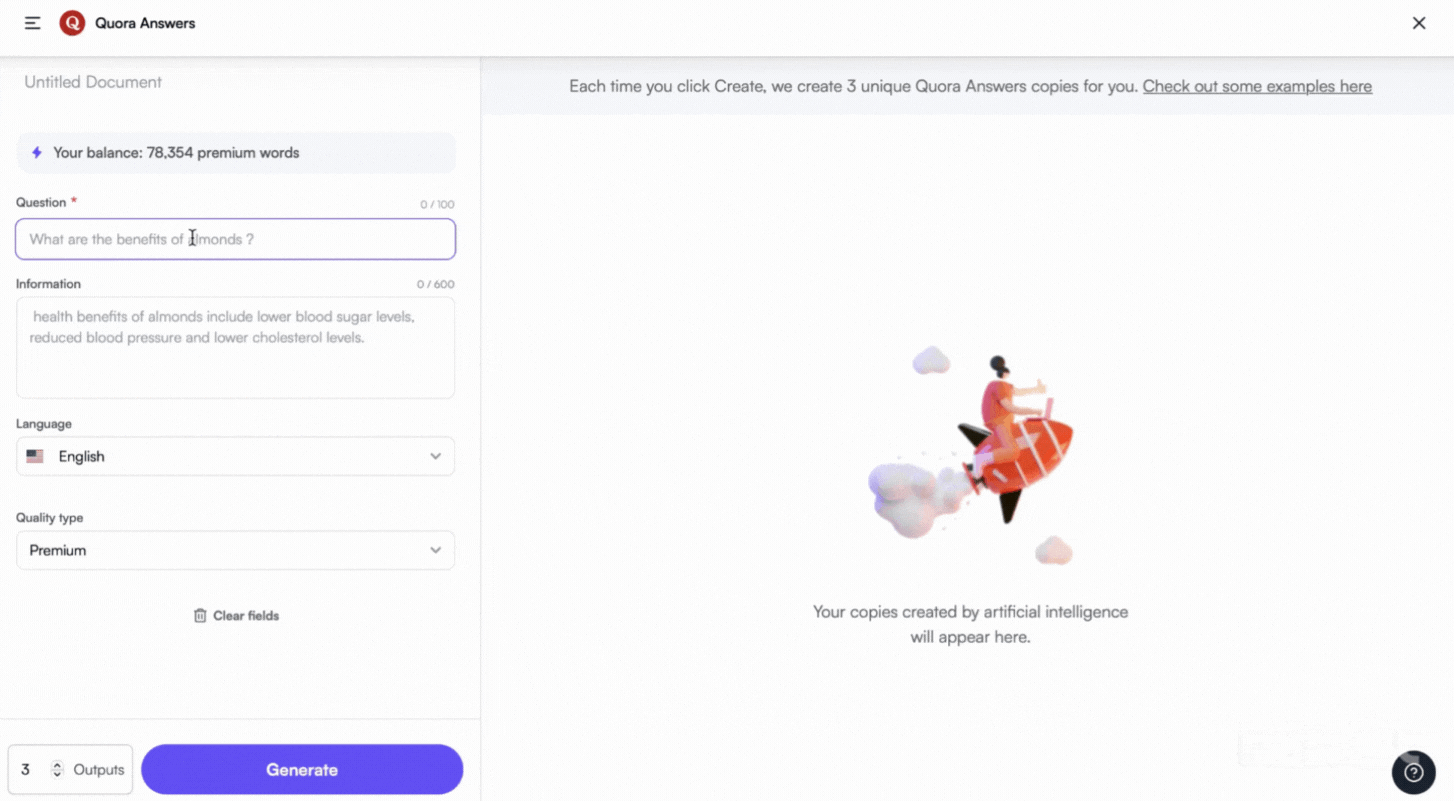
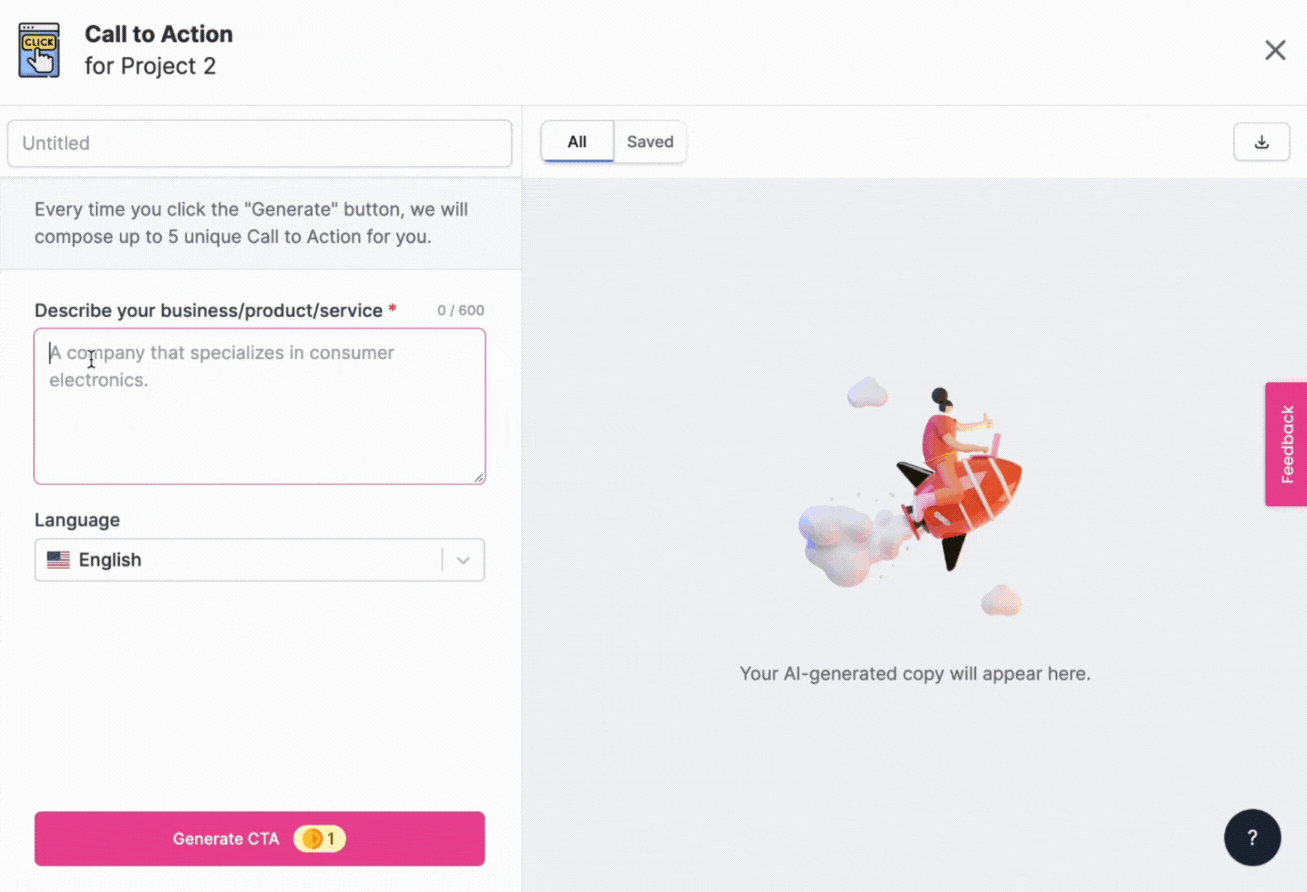








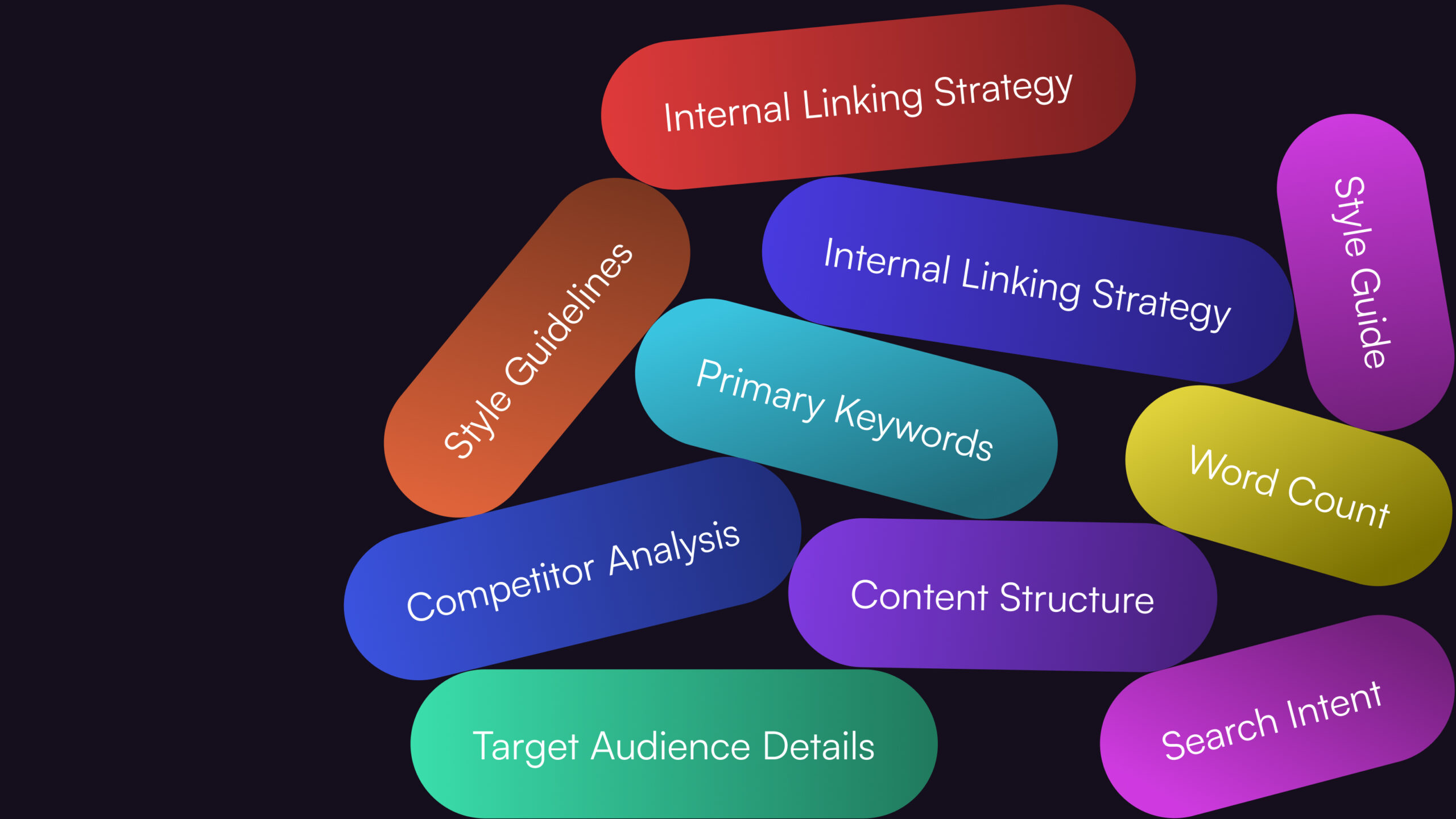



![The 11 Best AI Writing Tools to Try in 2025 [Tried & Tested]](/wp-content/uploads/AI-Writing-tools-For-Business.jpg)


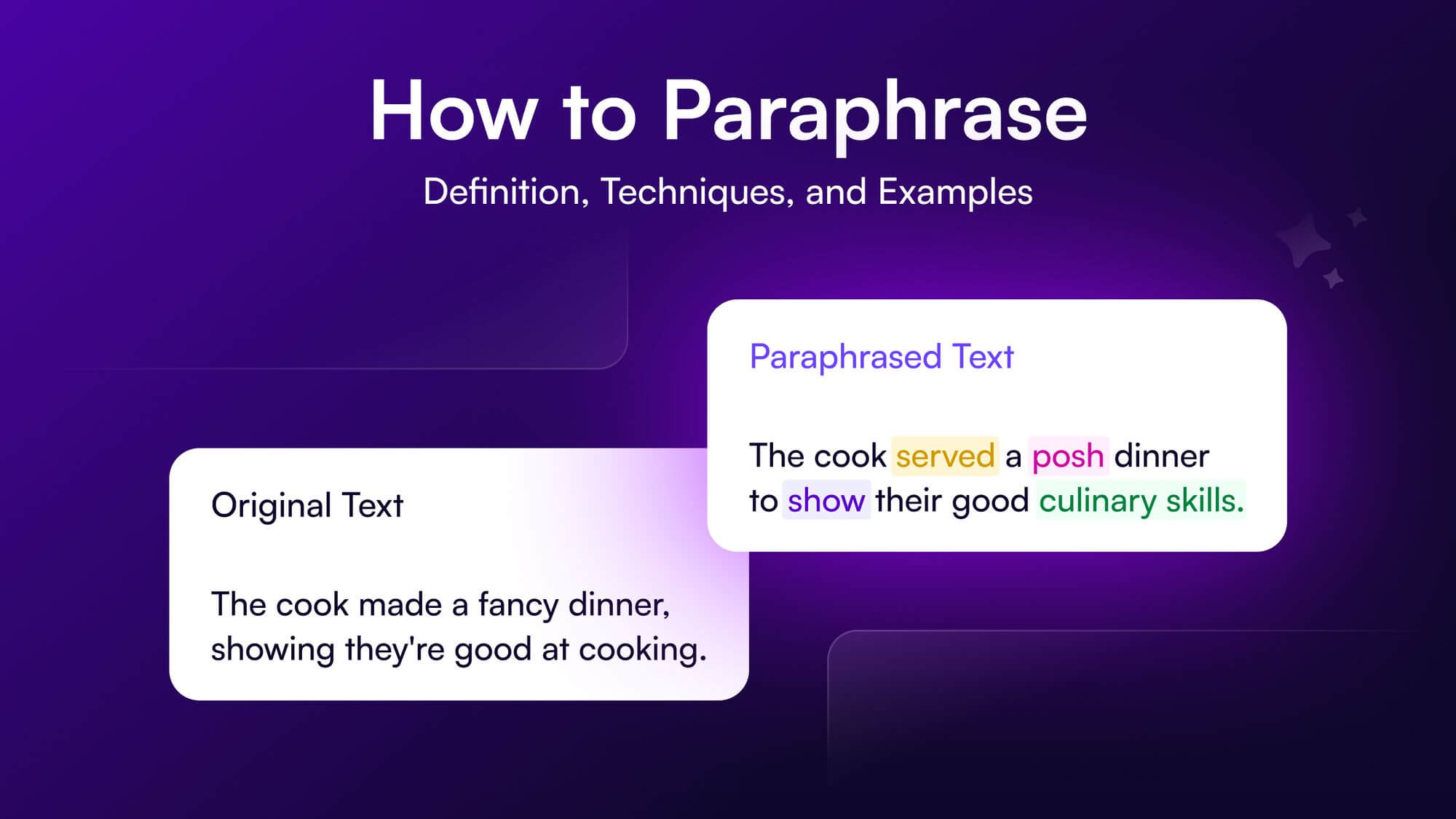


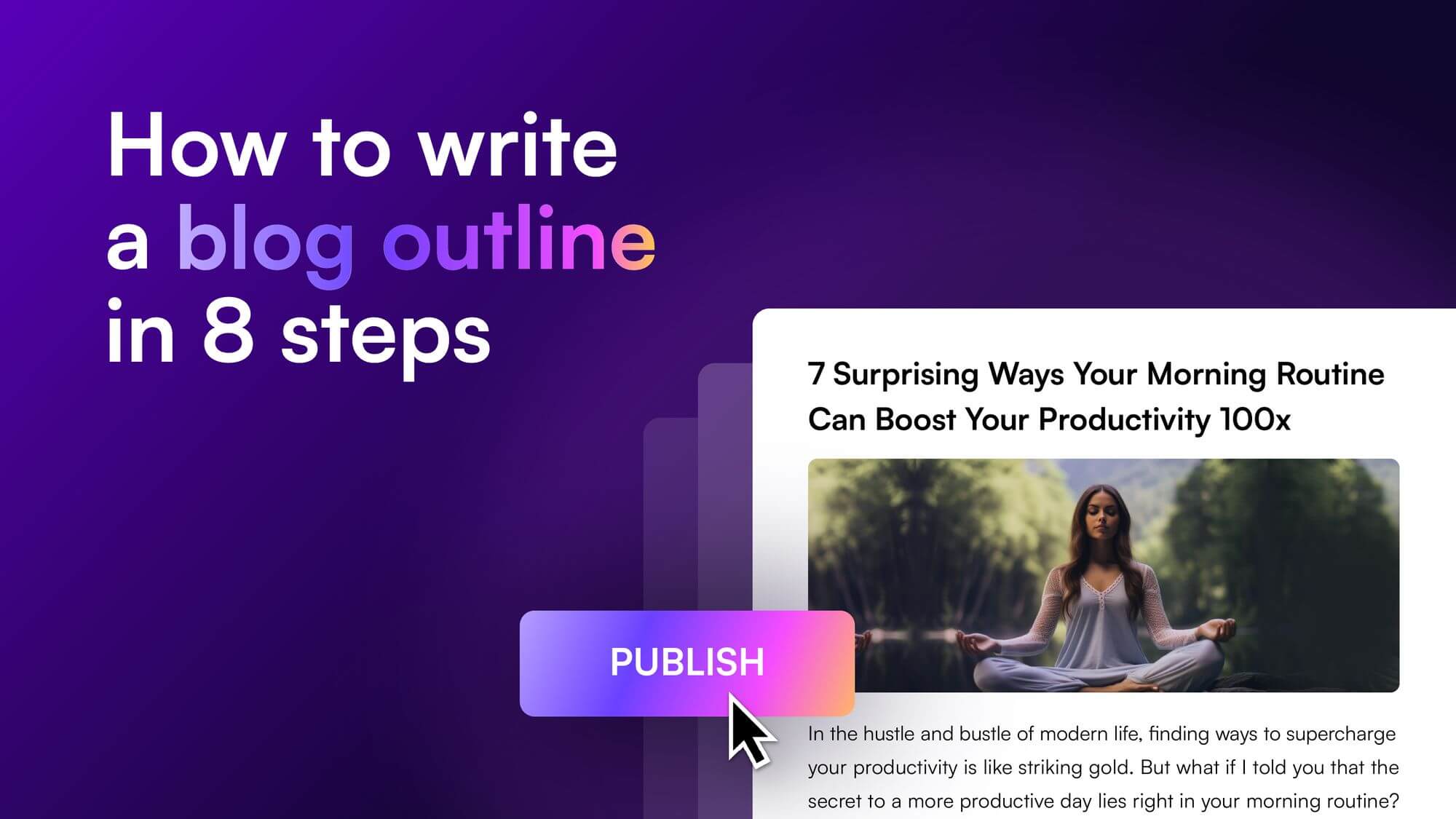

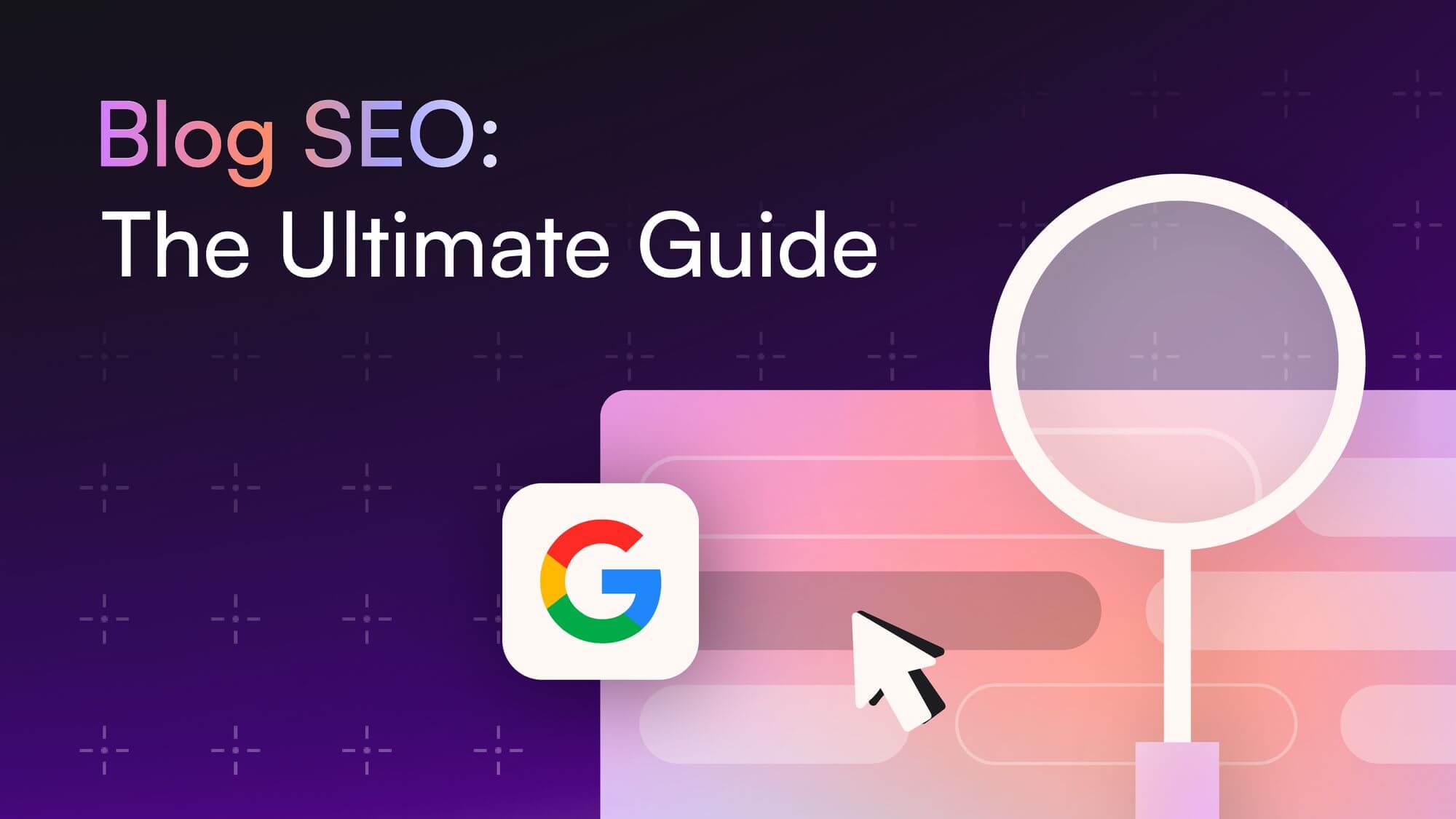

![How to Write a Blog in 2025: A Step-by-Step Guide [+Free Checklist]](/wp-content/uploads/How-to-write-a-blog-Thumbnail.jpg)


